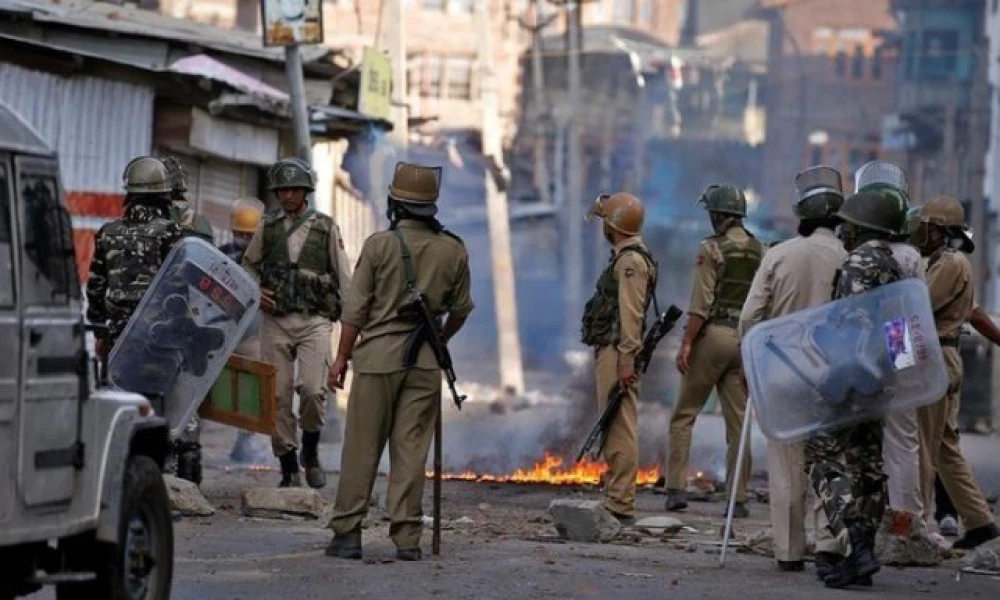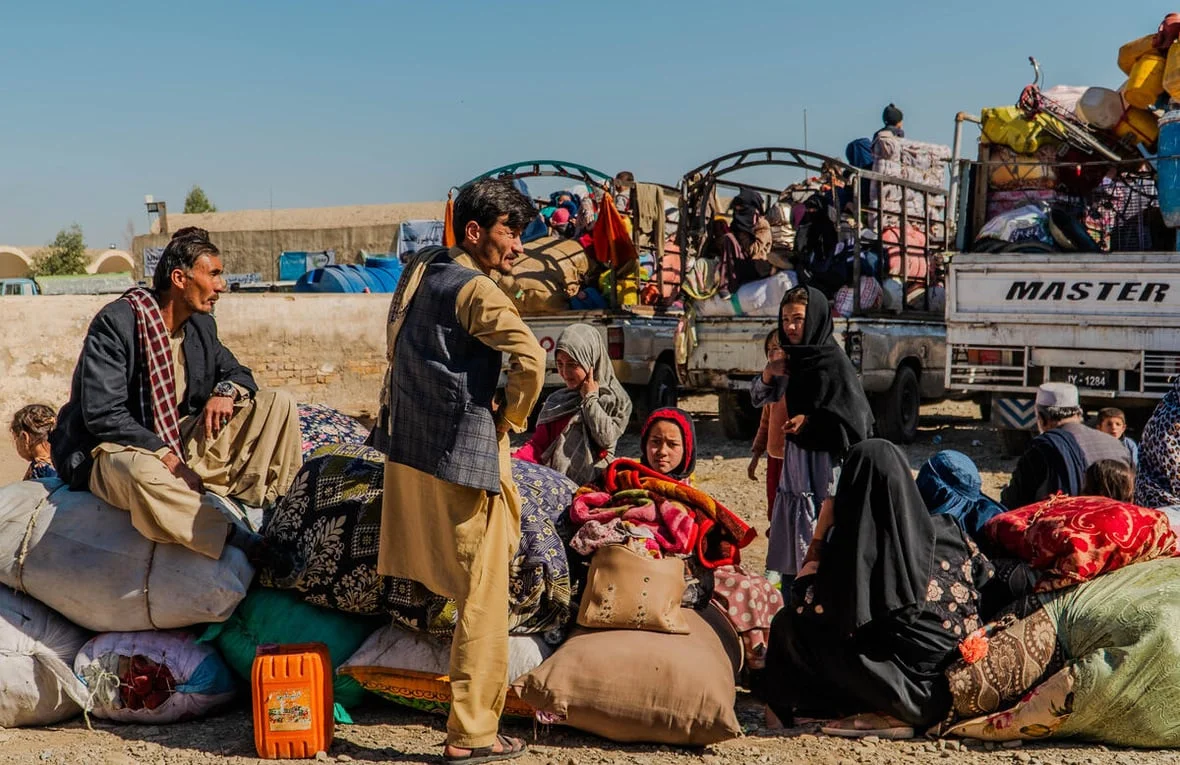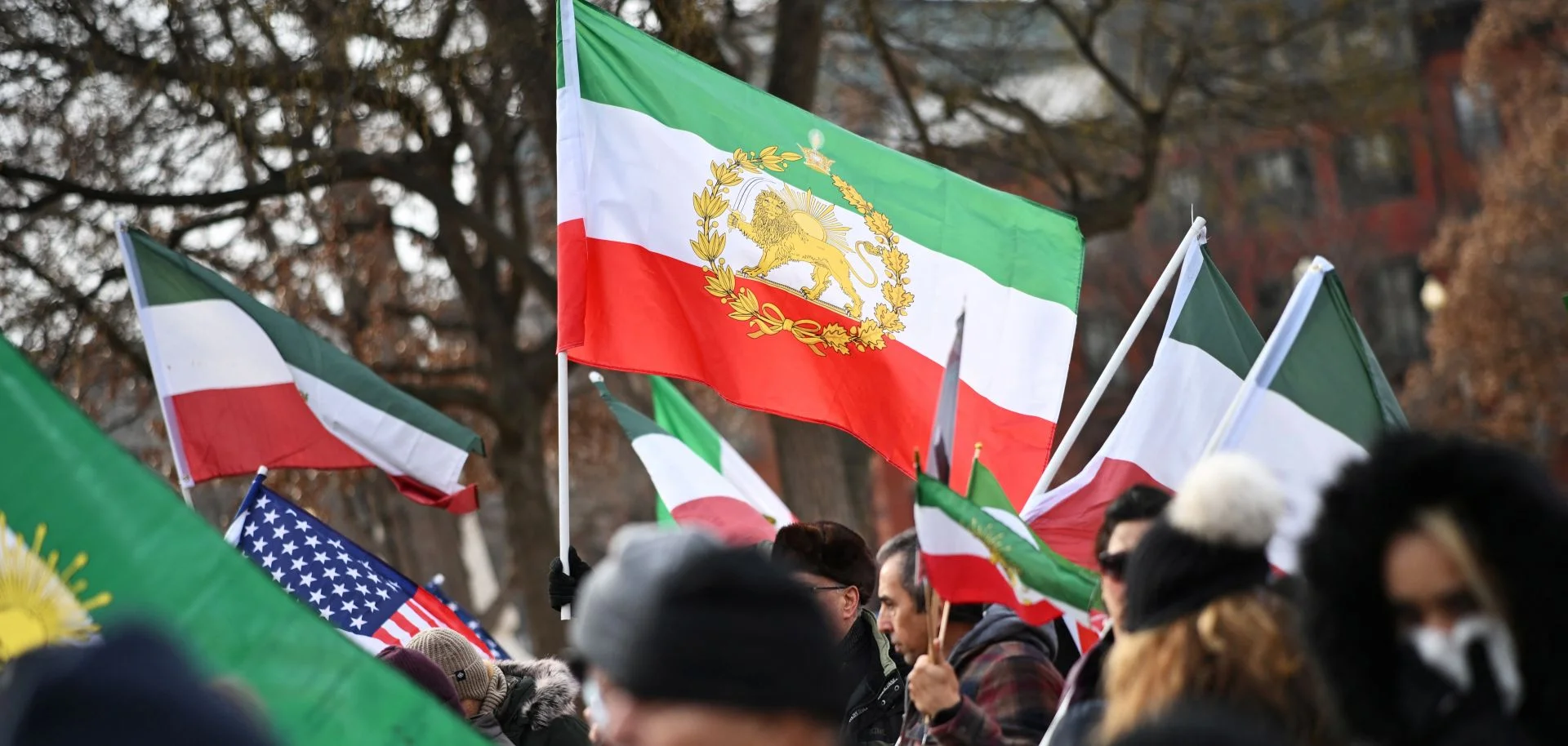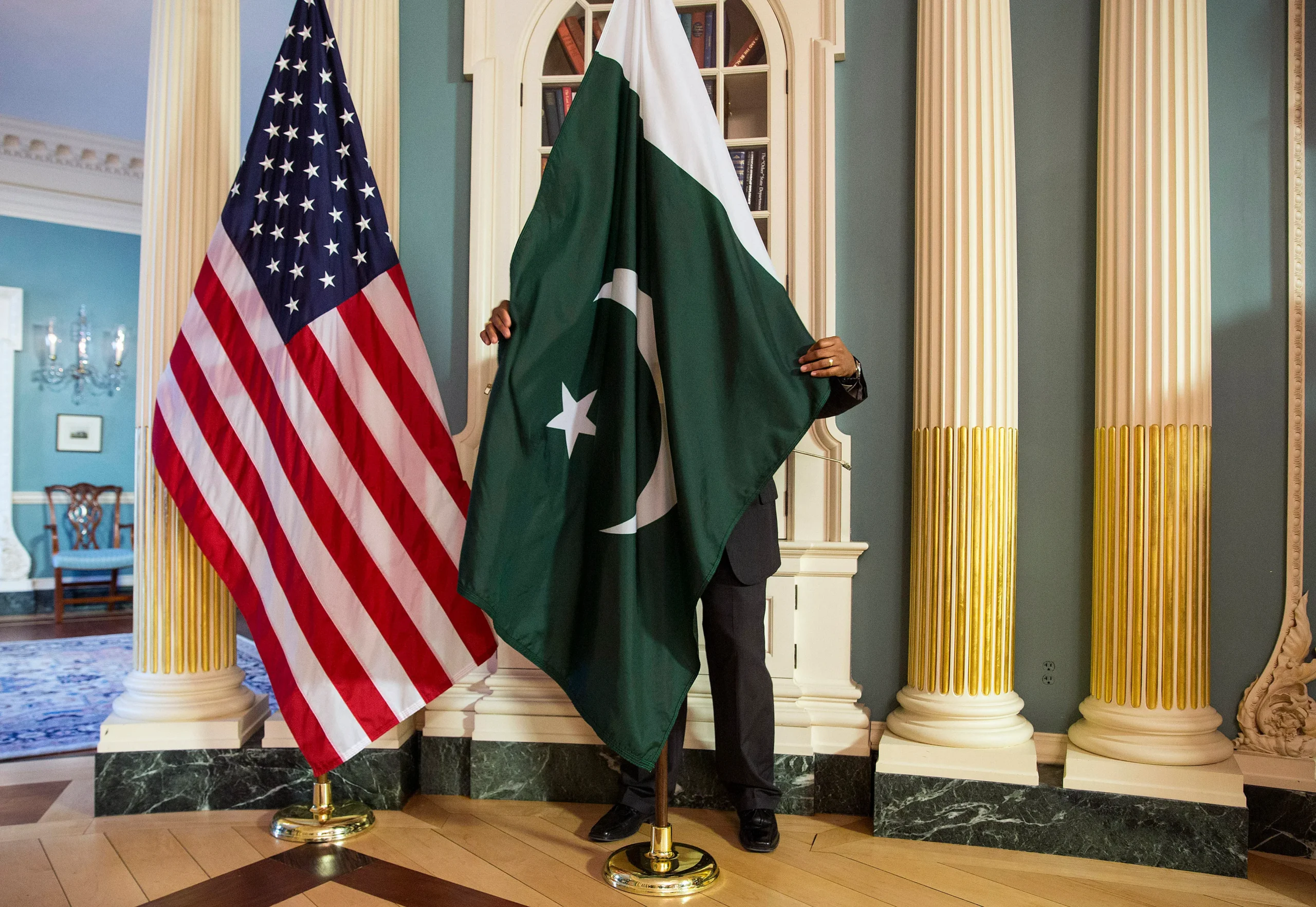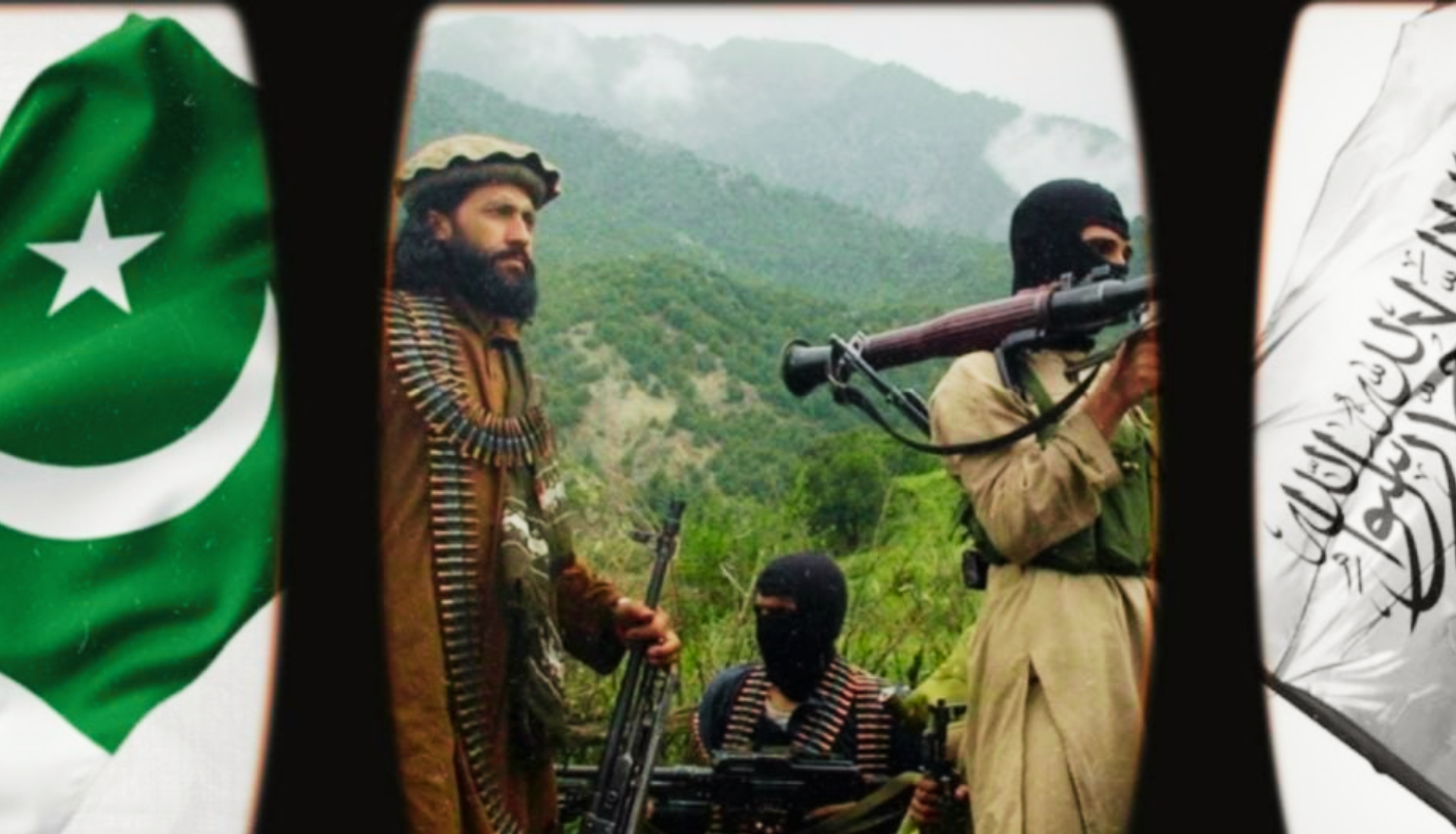The projection of Kashmir and the strategic efforts by Pakistan’s government to mark Youm-e-Istehsal in 2024 underscore a pivotal moment in the country’s ongoing efforts for the rights of the Kashmiri people. This observance, which commemorates the abrogation of Article 370 and 35A by India on August 5, 2019, is not merely a reflection of political posturing, but a profound assertion of Pakistan’s commitment to highlighting the plight of Kashmir on the global stage.
The initiatives undertaken this year demonstrate a multi-faceted approach, combining diplomatic outreach, media engagement, and grassroots mobilization, aiming to keep the Kashmir issue alive in international discourse. As Pakistan navigates the complexities of regional geopolitics, the success of Youm-e-Istehsal 2024 will be measured not only by its immediate impact but also by its enduring influence on the narrative surrounding Kashmir’s quest for self-determination.
India’s Actions in Kashmir: Human Rights Violations and Regional Tensions
The abrogation of Articles 370 and 35A in August 2019 marked a watershed moment in the history of Jammu and Kashmir. These constitutional provisions granted special autonomy to the region, recognizing its unique cultural and political status. The BJP government’s decision to revoke these articles was met with widespread condemnation, both domestically and internationally. This unilateral move not only stripped Kashmir of its special status but also ignited a series of human rights violations, including prolonged lockdowns, internet blackouts, and mass detentions.
The Modi administration’s actions have since been criticized as a blatant disregard for democratic principles and human rights, further alienating the Kashmiri populace and exacerbating regional tensions.
The international community has witnessed these aggressive policies with growing concern, recognizing the significant and lasting impact they have had on the lives of Kashmiris.
Also See: Human Rights Abuses in Kashmir: A Question of Accountability!
Pakistan’s Diplomatic Campaign: Internationalizing the Kashmir Issue
In response to India’s aggressive policies, Pakistan has embarked on a robust diplomatic campaign to internationalize the Kashmir issue. This year, Pakistan has intensified its efforts, engaging with international organizations such as the United Nations (UN) and the Organization of Islamic Cooperation (OIC) to garner support for the Kashmiri cause. Bilateral discussions with key countries have been prioritized, aiming to highlight the grave human rights situation in Kashmir under Modi’s regime. Despite India’s attempts to justify its actions, Pakistan’s persistent diplomacy has exposed the hollow justifications of the BJP government, revealing a systematic attempt to alter the demographic and political landscape of the region. These diplomatic endeavors have highlighted the stark contrast between Pakistan’s commitment to human rights and India’s oppressive measures.
Pakistan’s media and public diplomacy efforts have played a crucial role in projecting the Kashmir issue to a global audience. Traditional media campaigns, along with social media and digital outreach, have been pivotal in countering India’s narrative and bringing the plight of Kashmiris to the forefront. The engagement of Indian Origin South African Muslims (IOSAM), South African politicians, locals, and media outlets through the Pakistan Association Southern Africa (PASA) has been particularly noteworthy.
On July 7, 2024, PASA, in collaboration with Mr. Imran Moosa, a newly elected MP of Al-Jamaah, organized a seminar in Johannesburg, attended by notable figures such as Mr. Ganief Hendricks, Deputy Minister for Social Development, and Mr. Kabelo Gwamanda, Mayor of Johannesburg. This event underscored the solidarity of the international community with the Kashmiri people and highlighted Pakistan’s commitment to sustaining global awareness. The seminar showcased Pakistan’s ability to mobilize support across borders, further challenging the BJP’s narrative.
Grassroots Mobilization in Pakistan
The grassroots mobilization within Pakistan has been instrumental in amplifying the Kashmir cause. Nationwide protests and rallies have galvanized public opinion, while educational campaigns and awareness programs have fostered a deeper understanding of the issue among the general populace. Support from civil society organizations and human rights groups has further strengthened these efforts.
The significance of the first-ever event in Lenasia, Johannesburg, a hub of Indian Origin Hindus and Muslims, organized by PASA, cannot be overstated.
This initiative has not only projected the Kashmir cause but also built a positive image of Pakistan, showcasing the country’s dedication to advocating for human rights and justice. The widespread participation and support for this event highlight the potential for international solidarity in addressing the Kashmir issue.
Regional Geopolitical Implications: Challenges and Opportunities
The regional geopolitical landscape has been profoundly affected by India’s actions in Kashmir. The strained relations between India and Pakistan have been exacerbated by the BJP government’s hardline policies. China’s influence in the region, along with the interests of other neighboring countries, adds another layer of complexity to the situation. For Pakistan, the strategic implications are significant. Defense and security considerations have become paramount, as the threat of escalation looms large. Economically, the ongoing tensions have also impacted trade and development prospects. The Modi administration’s policies in Kashmir, marked by repression and militarization, have not only destabilized the region but have also drawn international criticism, isolating India diplomatically. This isolation presents both challenges and opportunities for Pakistan’s diplomatic efforts.
Despite Pakistan’s determined efforts, several challenges persist. Internally, political opposition and differing viewpoints have sometimes hindered a unified stance on the Kashmir issue. Economic constraints have also posed significant hurdles. Externally, the international community’s responses have been varied, with some countries hesitant to take a firm stand due to strategic interests with India. Additionally, media portrayal and misinformation have often clouded the realities on the ground. Nevertheless, Pakistan’s diplomatic efforts in engaging South African politicians and the Pakistani diaspora to highlight the Kashmir issue signify a promising step towards garnering broader international support. The solidarity and commitment demonstrated by these efforts underscore the potential for continued advocacy and support for the Kashmiri cause.
Future Prospects
The success of Youm-e-Istehsal 2024 will be evaluated based on immediate outcomes and its long-term impact on international awareness and policy. The sustained efforts to engage with the international community, coupled with the support from South African partners, will be crucial in keeping the Kashmir issue at the forefront.
The future prospects for the Kashmir issue depend on potential diplomatic and political developments, as well as the role of international actors and organizations.
The enduring struggle for self-determination and human rights in Kashmir requires continuous advocacy and a unified global stance against the oppressive policies of the BJP government. The international community must remain vigilant and committed to supporting the rights and aspirations of the Kashmiri people.
The comprehensive approach taken by Pakistan in observing Youm-e-Istehsal 2024 is a testament to its unwavering commitment to the Kashmiri cause. The efforts to engage the international community, including the significant mobilization within South Africa through PASA, mark a new chapter in the projection of Kashmir’s plight. Despite the challenges posed by Narendra Modi’s administration, Pakistan’s persistent advocacy underscores the enduring struggle for self-determination and human rights in Kashmir. The international community must recognize and support the Kashmiri cause, ensuring that justice and peace prevail in the region. It is imperative for global leaders to hold the BJP government accountable for its actions in Kashmir and to advocate for the restoration of Kashmir’s autonomy and human rights.
The continued political assistance, social developments, and business opportunities promised by South African partners are vital in supporting the Kashmir cause and building a positive image of Pakistan. Let us stand united in our commitment to justice, human rights, and the right to self-determination for the people of Kashmir. The international community’s role in addressing this pressing issue is more critical than ever, and Pakistan’s efforts in observance of Youm-e-Istehsal 2024 represent a significant stride toward achieving lasting peace and justice for Kashmir.
The views expressed in this article are the author’s own. They do not necessarily reflect the editorial policy of the South Asia Times.

